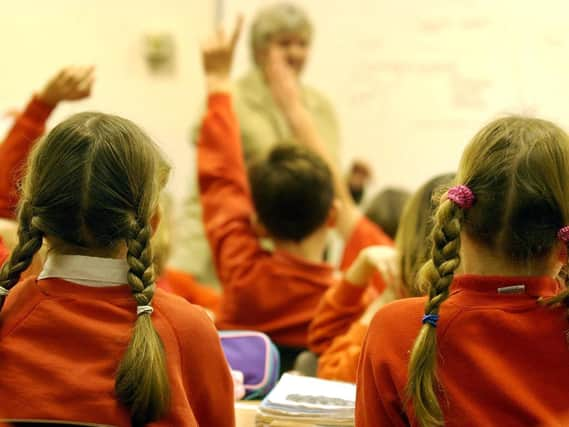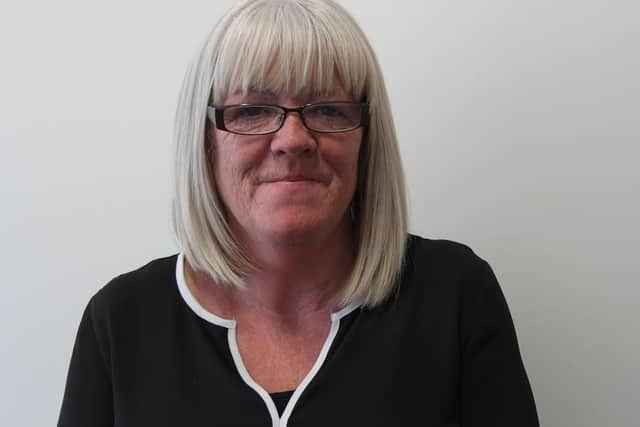Ten year vision for Blackpool schools unveiled


The proposal is among a raft of priorities set out in the 2020-2030 Education Vision for the town.
Other ambitions include to reduce the number of youngsters expelled from schools and improve literacy among adults so they can play their part in teaching their children.
Advertisement
Hide AdAdvertisement
Hide AdThe strategy has been put together by the Blackpool School Improvement Board (now Blackpool Education Improvement Board) working in partnership with the Blackpool Opportunity Area Board.


It is hoped it will also make better use of different funding streams and prepare young people for the world of work.
This week it went before the council’s executive for approval, but a decision was deferred in order to incorporate amendments made by members of the children and young people’s scrutiny committee.
Director of children’s services Diane Booth said in a report to councillors although the vision was “ambitious”, the town was “now in a position to drive forward this change.”
Advertisement
Hide AdAdvertisement
Hide AdShe said: “This vision for change sets out the direction of travel for Blackpool into the next decade.
“Our education system needs to grow and change sustainably, to ensure that all children can access the highest quality provision in Blackpool, where
appropriate reduce out of borough spend and ensure that the funding is available for Blackpool schools to spend on educating Blackpool children.”
Challenges include reducing the high number of pupils who are excluded from schools and reducing the number of young people classed as NEET (not in employment, education or training) when they leave full time education.
Advertisement
Hide AdAdvertisement
Hide AdFigures from 2015/16 show in that year there were 347 fixed period exclusions from primary schools, and 1,726 from secondary schools.
Here are some of the ways it is hoped to give Blackpool children a better education.
* Group schools into three geographical areas – north, central and south with each having a designated local leader of education. School improvement grants will focus on local priorities. This place-based approach will enable schools to work closely with other agencies in their area, intervening earlier to tackle challenges, and to share information.
* Identify trends and behaviour patterns at postcode level to provide early help and targetted intervention to those families which most need it.
Advertisement
Hide AdAdvertisement
Hide Ad* Improve school readiness among five-year-olds so they can begin learning straight away. This includes improving literacy skills among parents and guardians who are a child’s ‘first teacher’, using resources at local colleges and the library service.
* Extend the range of specialist provision available in mainstream primary and secondary schools so more children with complex needs can be taught at schools closer to home, instead of being sent to special schools which may be some distance away.
* Identify children considered at risk of exclusion at an earlier stage in order to provide the support they need ‘before they reach the point of crisis.’
* Refocus the priority of the Pupil Referral Unit towards preventative services and towards successful reintegration of pupils back into their ‘home school’. Outcomes for children educated in alternative provision have been found to be much lower than for those pupils in mainstream schools.
Advertisement
Hide AdAdvertisement
Hide Ad* Establish a small number of specialist curriculum pathways in Blackpool, in collaboration with post-16 providers to reduce the number of young people who become NEET. The first of these will be a specialist catering provision,for up to 25 young people, as a partnership betweenBlackpool Council and Blackpool and the Fylde College. The catering provision will be based at Highfield Day Centre and will deliver NVQ Level 1 and Level 2 courses for year 10 and 11 students. Eventually it is hoped to broaden access to the courses.
Comment Guidelines
National World encourages reader discussion on our stories. User feedback, insights and back-and-forth exchanges add a rich layer of context to reporting. Please review our Community Guidelines before commenting.